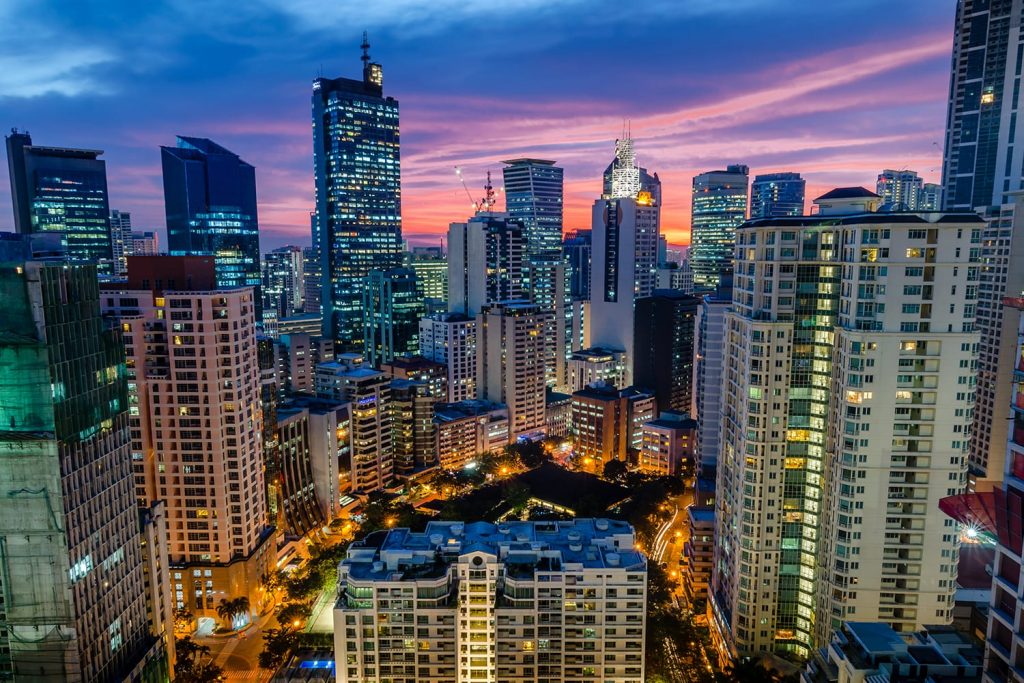A survey cited by the chair of a Philippine Senate Committee on Ways and Means shows that some 58 percent of respondents in the nation ‘said that they think the operation of POGOs in the country is harmful’.
Cited by the nation’s news agency, the Pulse Asia survey – which ran between November 27th and December 1st of last year – found that some 1,200 respondents were aware of POGO operations.
The survey results are now set to be used in the drafting of the committee’s report on an investigation in the benefits and costs of the Philippine Offshore Gaming Operators in the country.
While 58 percent of respondents did indicate they thought POGOs were harmful, just 19 percent reportedly stated that the offshore operators were beneficial.
Broken down by region, 61 percent of respondents in National Capital Region, 55 percent in Luzon, 53 percent in Visayas and 67 percent in Mindanao stated that POGO operations in the country were harmful.
The highest-rated rationale was the proliferation of vices (67 percent), followed by an increase in POGO-related crime ‘involving Chinese nationals’ (57 percent), as well as the ‘increasing number of Chinese nationals employed by POGOs (43 percent), no additional opportunities given to Filipinos (33 percent) and increasing cost of rent (22 percent).
The committee is also looking into the possible tax liabilities of POGOs, set to be laid out in its report, with the committee chair citing data that 43 percent of respondents said the operators were harmful due to tax evasion.
The committee did not clarify if the survey had been commissioned or who it might have been commissioned by and an official copy of the survey has not been released by the senator chairing the committee.
The survey comes after fierce debate in the senate earlier in the week, with senators calling on the gaming watchdog and national gaming operator PAGCOR, to be more aggressive in pursuing non-compliant POGOs.
Senators claim that PAGCOR’s role in collecting revenue from the operators is a “conflict of interest”, while the chair of the Ways and Means Committee claimed that there were more reasons to ban POGOs entirely than to allow them to operate in the nation.
The Philippine president last week said that a total ban is possible if its determined POGOs’ operations are no longer beneficial.
Following the debate, PAGCOR released its own statement, aimed at challenging allegations raised by the committee head, such as an increase in kidnappings, noting that there had been ‘no reported criminal activities or kidnapping-related incidents of workers in the offshore licensing industry for over three months”.
PAGCOR also stood steadfast behind POGOs’ continued operation in the country, noting that it employs “an estimated 25,000 Filipinos and contributes billions of pesos to the local economy”.
It said it “believes it has much more to contribute to the Philippine economy and nation-building”.
Economic impacts
The possible fallout from a total ban on POGOs could impact the strong confidence that house leaders have shown in the economy’s recovery in 2023, after posting a better-than-expected 7.6 percent full-year increase in 2022.
Another chair of the House Ways and Means Committee stated that “businesses {…} are investing – and their expenditures for those investments reflected well on the figures”.
He further noted that “the business sector is optimistic about the need for more production in the coming years. Don’t bet against the Philippines in 2023”.
The chair noted that the country is a “service-driven economy”, with the Philippines so far leading as the fastest-growing economy amongst Asian nations that have already reported their GDP data, topping both Vietnam and China.
A separate announcement by a labor official noted that any Filipino or foreign employees working for POGOs who would be affected by the closure of their companies are entitled to benefits – such as separation pay (equivalent to one month’s salary per year of service’, and unemployment insurance (provided by the social security system).

The Department of Labor also has in place an employment facilitation program to help find similar jobs for those laid off.
Labor Undersecretary Benjo Benavidez noted that an estimated 25,000 workers – mostly comprising customer services representatives or dealers/agents, could be affected in POGOs stop operating in the nation.























